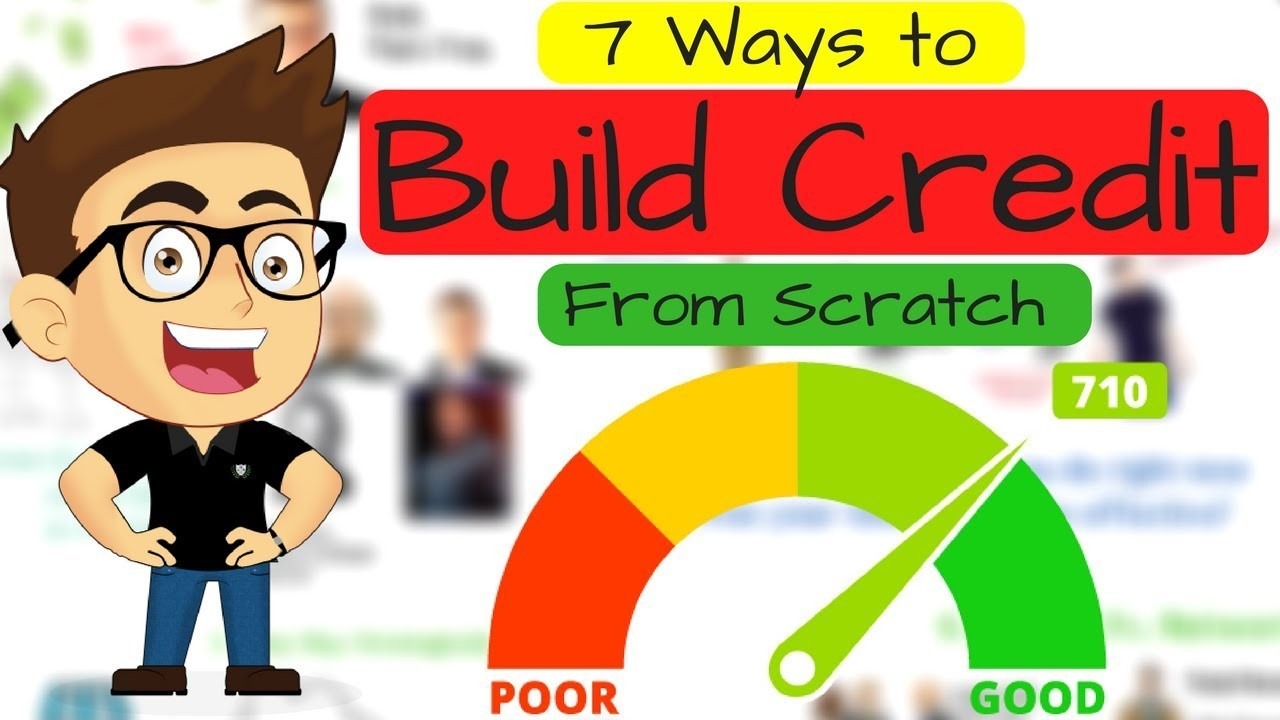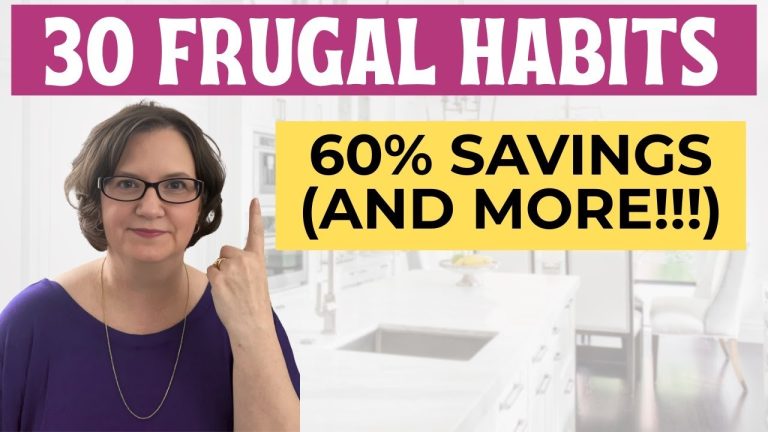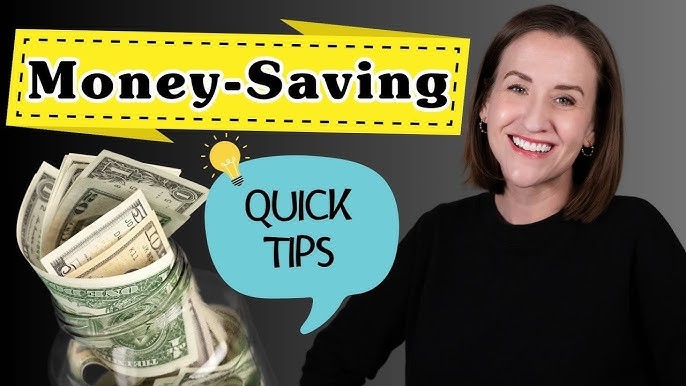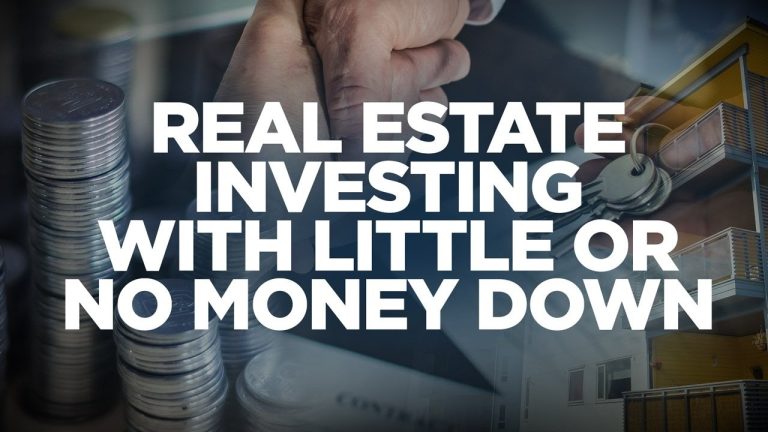How to Build Credit From Scratch
Credit, in the modern financial ecosystem, is more than just a tool for borrowing; it’s a fundamental measure of financial trustworthiness. For individuals starting their independent financial journey, recent graduates, or even those new to a country like Thailand, building credit from scratch can feel like a frustrating paradox: you need credit to get credit. However, establishing a strong credit history is not an insurmountable challenge; it’s a strategic process that requires patience, discipline, and an understanding of the specific steps that demonstrate financial responsibility to lenders. Far from being a quick fix, building credit effectively lays the groundwork for future financial opportunities, from securing a car loan to purchasing a home.
The very first step in building credit from scratch is to **understand what credit is and why it matters**. Credit represents your ability to borrow money and, more importantly, your reliability in paying it back. A good credit history and score signal to lenders (banks, credit card companies, landlords) that you are a low-risk borrower. This translates into better interest rates on loans, easier approval for rental properties, and sometimes even more favorable insurance premiums. Conversely, a lack of credit history (often referred to as having a “thin file”) can be just as problematic as bad credit, as lenders have no data to assess your risk. In Thailand, while the credit bureau system (National Credit Bureau or NCB) plays a crucial role, the principles of building a positive repayment history remain universal.
One of the most accessible and effective ways to begin building credit is by obtaining a **secured credit card**. Unlike a traditional credit card, a secured card requires a cash deposit, which typically becomes your credit limit. For example, if you deposit 5,000 Baht, your credit limit is 5,000 Baht. This deposit acts as collateral, minimizing the risk for the issuer and making them more willing to approve applicants with no credit history. The key is to use this card responsibly. Make small, regular purchases that you can comfortably pay off in full each month, *before* the due date. A good strategy is to use it for a recurring small expense, like a monthly subscription or a specific grocery purchase. The goal is to demonstrate consistent, on-time payments, which are then reported to credit bureaus. This diligent repayment behavior is precisely what builds a positive credit history over time. After several months or a year of responsible use, the issuer may upgrade you to an unsecured card or return your deposit.
Another valuable tool for credit building is a **credit-builder loan**. Offered by some banks and credit unions, these loans are designed specifically to help individuals establish credit. Here’s how they typically work: the lender deposits a small loan amount (e.g., 10,000 Baht) into a locked savings account, which you cannot access until the loan is fully repaid. You then make regular monthly payments on this loan over a set period (e.g., 6-12 months), and these payments are reported to credit bureaus. Once the loan is fully paid off, you receive access to the savings account. This method demonstrates your ability to make consistent payments on a loan, building a positive payment history without requiring a large upfront deposit like a secured credit card. It’s a structured way to prove your reliability.
For those who are students or have stable income but no credit history, a **student credit card or a traditional credit card with a co-signer** can be an option. Student credit cards are typically designed for young adults with limited credit history, offering lower limits and sometimes educational resources. They can be a good entry point if used responsibly. Alternatively, a traditional credit card with a co-signer (a parent or trusted individual with good credit) leverages the co-signer’s credit history to get approved. However, this comes with a significant caveat: if you miss payments, it negatively affects *both* your credit and your co-signer’s credit. This option should only be pursued if you are absolutely confident in your ability to make all payments on time.
Beyond acquiring these initial credit products, several practices are crucial for efficiently building a strong credit profile:
* **Make all payments on time, every time:** Payment history is the most significant factor in your credit score. Even a single late payment can have a disproportionately negative impact. Set up automatic payments or reminders to ensure you never miss a due date.
* **Keep credit utilization low:** This refers to the amount of credit you’re using compared to your total available credit. Aim to keep it below 30% (e.g., if you have a 10,000 Baht limit, try to keep your balance below 3,000 Baht). A lower utilization ratio signals that you are not over-reliant on credit.
* **Don’t open too many accounts too quickly:** While diversifying your credit types can be beneficial over time, opening multiple new accounts in a short period can appear risky to lenders and temporarily lower your score.
* **Be patient:** Building good credit takes time, typically 6-12 months to establish a thin file, and several years to develop a robust history. There are no shortcuts.
In conclusion, building credit from scratch, while initially challenging, is a fundamental step toward achieving financial stability and unlocking future opportunities. By strategically utilizing tools like secured credit cards and credit-builder loans, making all payments on time, keeping credit utilization low, and exercising patience, individuals can systematically demonstrate their financial responsibility to lenders. This diligent effort transforms an empty credit file into a strong financial asset, paving the way for better interest rates, easier approvals, and greater financial freedom down the line.







